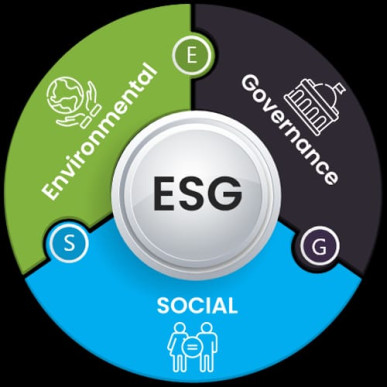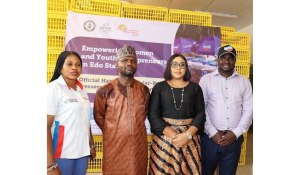
Focusing on Nigeria, the key legal issues in sustainability include a mix of national legislation, international agreements, and enforcement challenges specific to the country’s socio-economic and environmental context:
- Environmental Regulations and Compliance:
- Climate Change Laws: Nigeria is a signatory to the Paris Agreement and has developed the National Climate Change Policy Response and Strategy. However, enforcement and compliance remain challenges.
- Pollution Control: The National Environmental Standards and Regulations Enforcement Agency (NESREA) is responsible for enforcing regulations on air, water, and soil pollution. There are specific laws like the National Oil Spill Detection and Response Agency (NOSDRA) Act for oil spill management.
- Corporate Social Responsibility (CSR) and Reporting:
- Disclosure Requirements: The Financial Reporting Council of Nigeria (FRC) requires some level of disclosure on CSR activities, but comprehensive ESG reporting is still evolving.
- ESG Criteria: While not mandatory, there is growing pressure from international investors and stakeholders for Nigerian companies to adopt ESG standards.
- Sustainable Supply Chain Management:
- Human Rights and Labor Laws: Nigeria has ratified several International Labour Organization (ILO) conventions, but enforcement of labor laws, especially in sectors like mining and agriculture, is often inadequate.
- Sourcing and Procurement Laws: The Public Procurement Act encourages transparency and accountability, though it does not specifically mandate sustainable procurement practices.
- Energy and Resource Efficiency:
- Renewable Energy Incentives: The Renewable Energy Master Plan outlines strategies for increasing renewable energy adoption, but there is a need for more robust incentives and clearer policies.
- Resource Conservation: The Nigerian Energy Support Programme (NESP) aims to promote energy efficiency, but widespread implementation is still lagging.
- Product Liability and Eco-Design:
- Product Standards: The Standards Organisation of Nigeria (SON) sets product standards, but enforcement can be inconsistent, affecting eco-design and sustainable products.
- Extended Producer Responsibility (EPR): Initiatives are in place for sectors like electronics, but comprehensive EPR laws are still in development.
- Green Finance and Investment:
- Sustainable Finance Regulations: The Central Bank of Nigeria (CBN) has issued guidelines on sustainable banking, promoting green finance and investment in sustainable projects.
- Fiduciary Duties: Financial institutions are increasingly incorporating sustainability into their fiduciary duties, driven by both regulatory pressure and market demand.
- Biodiversity and Land Use:
- Conservation Laws: Nigeria has several laws aimed at protecting biodiversity, such as the Endangered Species (Control of International Trade and Traffic) Act, but enforcement is often weak.
- Land Use and Zoning Regulations: The Land Use Act governs land tenure and use, but sustainable land management practices are not always prioritized.
- International Trade and Sustainability:
- Trade Agreements: Nigeria’s involvement in trade agreements like the African Continental Free Trade Area (AfCFTA) includes provisions for sustainability, though implementation is gradual.
- Import/Export Regulations: Laws regulate the sustainability of certain imported and exported goods, but there is room for improvement in monitoring and enforcement.
- Technology and Innovation:
- Intellectual Property Rights: Nigeria’s intellectual property laws need strengthening to better support sustainable innovation.
- Cybersecurity and Data Privacy: Laws like the Nigeria Data Protection Regulation (NDPR) are in place, but their application to sustainability data is an emerging area.
- Public Health and Safety:
- Health Regulations: The National Environmental Health Practice Regulation focuses on environmental health, but implementation gaps exist.
- Emergency Preparedness and Response: Frameworks like the National Disaster Management Framework (NDMF) address environmental disasters, but more robust and proactive measures are needed.
These issues highlight the need for stronger enforcement, clearer policies, and greater commitment from both public and private sectors to drive sustainable development in Nigeria.
Image Credit to https://lpginnigeria.com/details/embracing-sustainability-and-social-responsibility-esg-in-the-nigerian-lpg-market
Compiled by Nosakhare Uwadiae,Esq
234-8053266716.
geelawattorney@gmail.com









